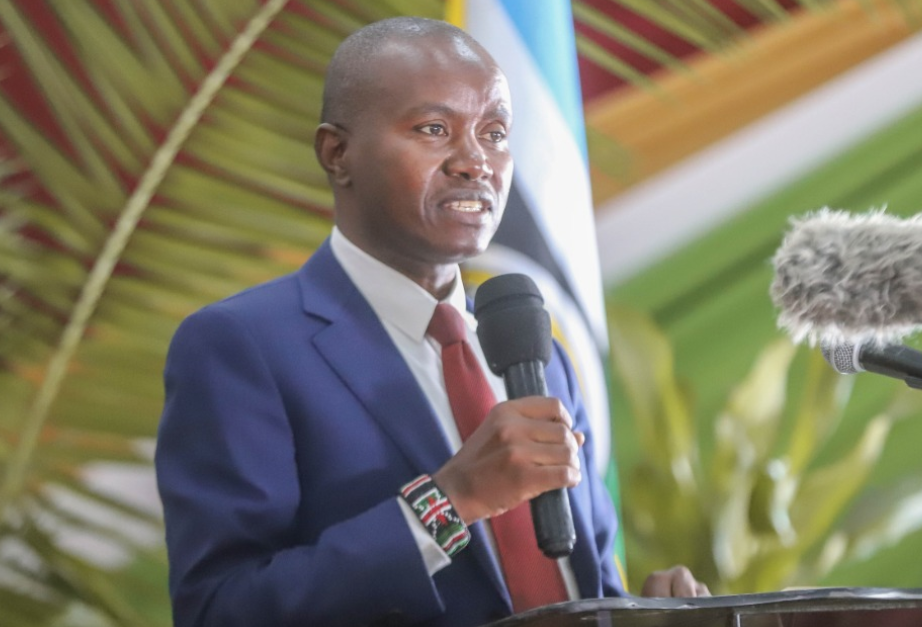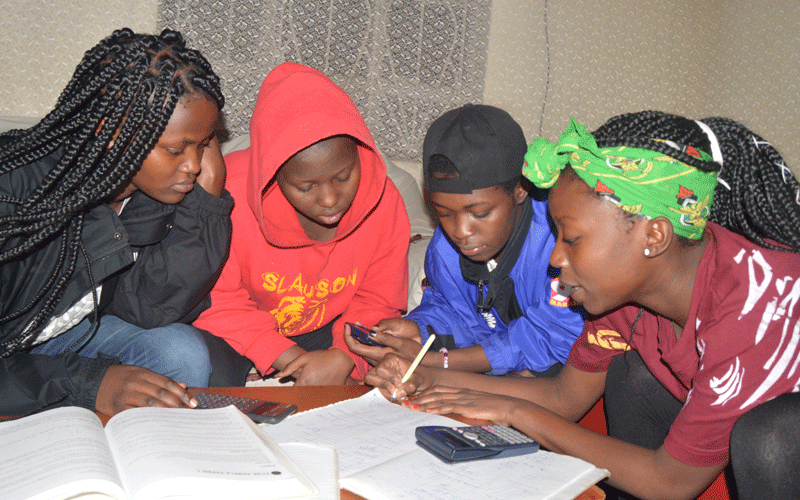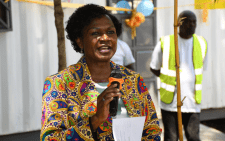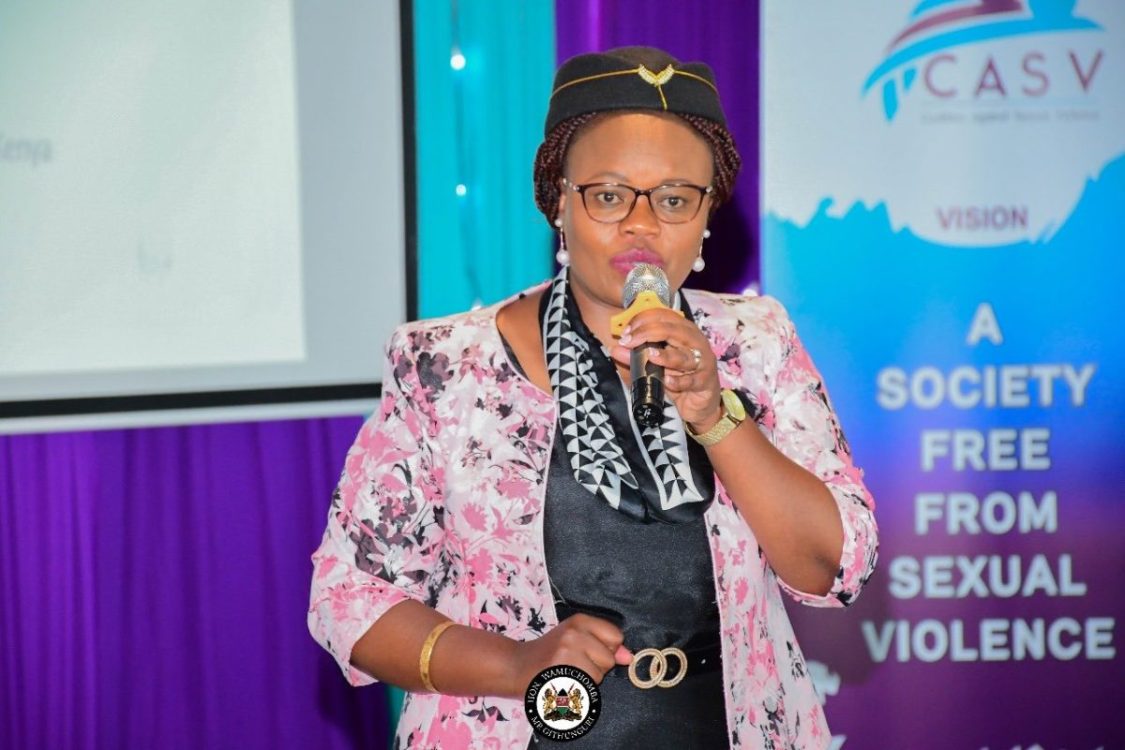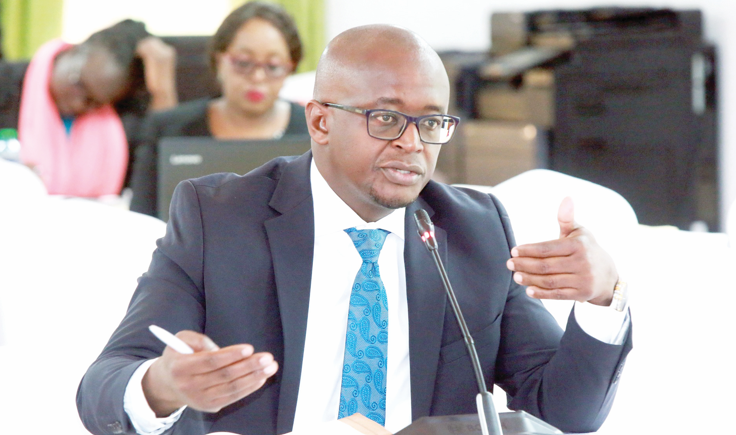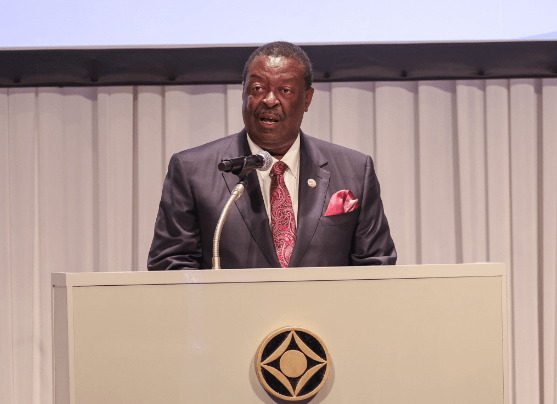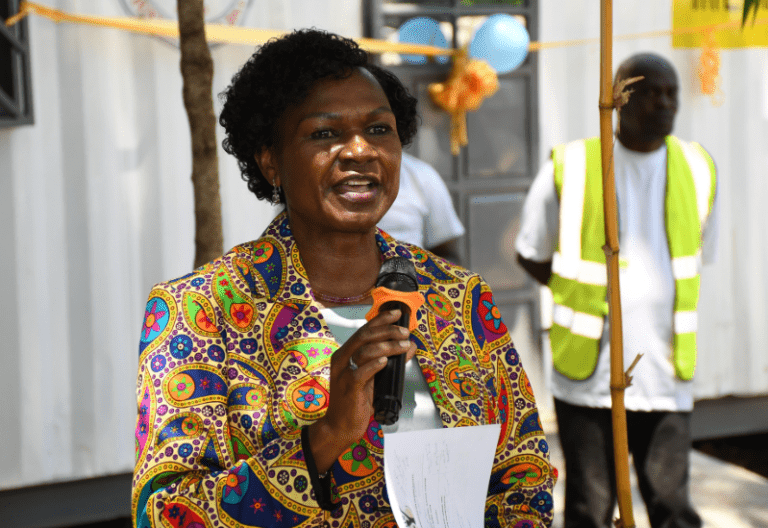Lack of funds hampers tablet supply to schools
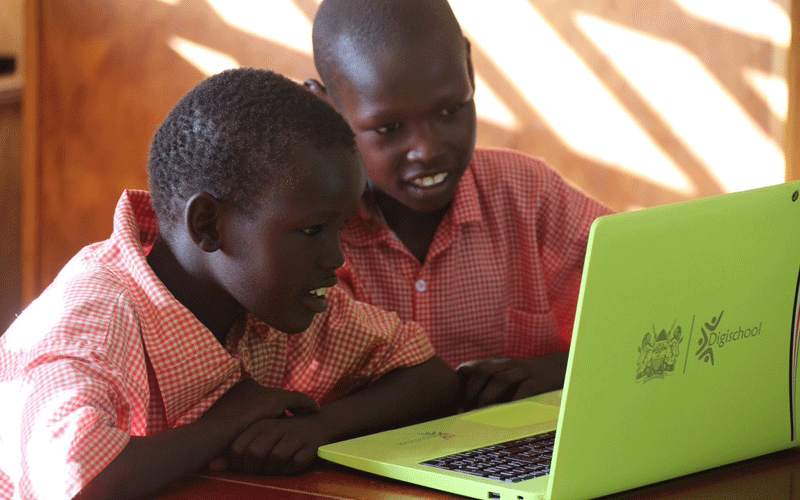
The issuance of tablets to schools has been hampered by budgetary constraints, Information and communication Cabinet Secretary Joe Mucheru said yesterday.
In a virtual presentation to Senate Standing Committee on Education, Mucheru said inadequate funds had come in the way of implementing the programme.
Consequently, about 1,902 new schools are yet to be supplied with tablets due to budgetary constraints.
In the last Financial Year, the ministry said it suffered budget cut of 75 per cent of its allocation.
What remained could not allow them to continue the programme as initially planned.
“There are still 1,902 new schools which have not received devices due to budgetary constraints.
The ICT Authority will sign a framework contract with the two assembly plants to be able to continuously supply devices to schools,” Mucheru told the Dr Alice Milgo-led committee.
However, he said the ICT Authority, in addition to the distributed tablets known as the Digital Literacy Programme (DLP) devices, is in the process of acquiring additional devices for the remaining schools, upper Grades Four to Six and teachers.
He also said that his ministry, in conjunction with his Education counterpart, are developing procedures in e-learning to enable devices in schools be distributed to homes guided by the latter’s policy.
Mucheru explained the Authority is in charge of device acquisition while the other projects components, namely Teacher Training and Content Development is being implemented by Teacher Service Commission (TSC) and Kenya Institute of Curriculum Development (KICD) respectively.
The school infrastructure is under Ministry of Education and Kenya Power is doing electricity to schools and cost estimates are under respective agencies.
Under the ICT Authority, the total cost of Phase I devices was about Sh32 billion and has ben paid up already.
Highlighting DLP implementation status, Mucheru said Phase I targeted learners in Grades One and Three.
Under Phase II, he said they expect to spend Sh61 billion under Proof of Concept (POC) stage while Internet to schools is estimated to cost Sh15 billion and is yet to begin.
The CS said the Authority has developed a schoolnet programme to connect schools to Internet services, in addition to National ICT Infrastructure Masterplan meant to guide deployment of broadband connectivity across the country.
Already, over 1,000 schools, one institution per ward, have been identified under phase one of schoolnet connectivity project being implemented by Unicef and is expected to run from next month to June 2021.
Under curation
Mucheru said 21,637 public primary schools have been installed representing 99.6 per cent of the contracted 21,729 schools under DLP Phase I with over 1,168,798 devices.
However, he said 331,000 teachers have been trained on ICT integration with 218,253 of them trained on Competency Based Curriculum (CBC) and other 93,009 teachers trained on use of ICT and device utilisation.
A further training was conducted in last December for 121,000 teachers for both private and public schools.
At least 22,927 schools have been connected to power out of which 19,042 public primary schools to national grid and another 3,239 to power by solar.
“Grade One and Grade Two content aligned to CBC were installed in the devices while Grade Three is under curation.
Grade Four and Five submissions have been called for. The contents are available at the Kenya Education Cloud infrastructure,” said the CS.
He told the committee that all learner devices under the varied contract have been assembled locally, with only Semi Knock-down Kits (SKDs) being shipped in.
The two assembly plants established in Jomo Kenyatta University of Agriculture and Technology and at Rivatex Campus Eldoret for Moi University are being utilised.
“Each of these facilities has a production capacity of 1,200 digital devices per one shift of eight hours.
More than 200,000 of the devices delivered to schools under DLP were assembled locally,” said the CS.
The CS said implementation of Phase II, which targets the advanced learners, is now at POC stage.
He said the devices targeting Grades Four to Six to be deployed include Advanced Learners Digital Devices as per the school enrolment and 3 Advanced Teacher Digital Devices, 5 Digital Output Devices (Educational robots) and 1 Wireless Access Point per school.
He said 470 schools targeted for POC, 10 schools per county and acquisition and assembling of devices is expected to start between next month and December 2020, ready to be distributed to schools in January.
The POC is expected to end in May next year and full roll out will start on July 2021.
“The implementation of this phase will adopt a three-year framework contract and all the Learner devices will be assembled locally. The roll-out has been delayed due to the Covid-19 pandemic,” the CS noted.
